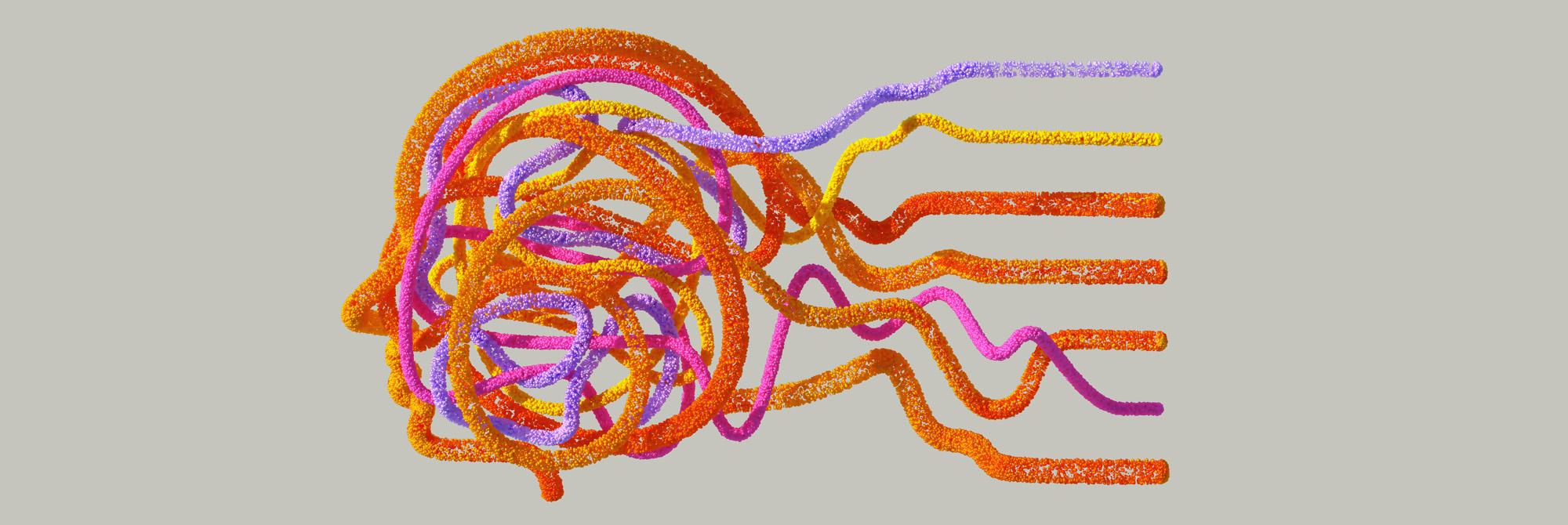IB Psychology: Navigating the World of Human Behavior
Psychology, the scientific study of human behavior and the mind, holds an enduring fascination for many. If you're a high school student with a penchant for understanding the intricacies of the human psyche, then the International Baccalaureate (IB) Psychology course might be the perfect fit for you. In this comprehensive guide, we'll delve into the world of IB Psychology, exploring its importance, syllabus, and exam format.
Exploring the IB Psychology Syllabus
The IB Psychology syllabus offers a comprehensive framework that equips students with a profound understanding of human behavior and mental processes. Divided into three core areas—Biological, Cognitive, and Sociocultural approaches—the syllabus delves into specific topics within each approach.
-
Biological Approach: This section explores the fascinating interplay between our biology and behavior. Students learn about the brain's role in behavior, the influence of genetics, and the impact of neurotransmitters.
-
Cognitive Approach: Dive into the intricacies of cognitive processes, including memory, thinking, and decision-making. Uncover how the human mind processes information and forms perceptions.
-
Sociocultural Approach: This approach delves into the profound influence of culture, social norms, and societal factors on behavior and cognition.
Assessing students' comprehension and analytical skills, the IB Psychology course incorporates both internal and external assessments. Internal assessments involve practical research projects and investigations, allowing students to apply their knowledge in real-world scenarios. External assessments comprise written exams that test students' understanding of course content, along with their ability to critically analyze psychological concepts and theories.
The emphasis on critical thinking and analysis within the IB Psychology syllabus not only prepares students for further academic pursuits but also fosters a profound understanding of the subject.
IB Psychology vs. A-Level Psychology
Choosing between IB Psychology and A-Level Psychology can be a pivotal decision for high school students passionate about psychology. These two qualifications offer in-depth studies but differ in significant ways.
-
Course Structure and Duration: A-Level Psychology generally spans two years and delves deeper into fewer topics. In contrast, IB Psychology is part of the broader International Baccalaureate Diploma Programme, requiring a two-year commitment and covering a range of subjects.
-
Assessment Format: A-Level Psychology relies predominantly on written exams at the course's conclusion. IB Psychology, on the other hand, blends both internal and external assessments, including research projects and written exams.
-
International Recognition: The IB qualification is recognized and valued by universities worldwide, making it advantageous for students aspiring to study abroad. A-Level qualifications are primarily recognized within the UK education system.
Performance statistics indicate that achieving a higher grade may be relatively easier in IB Psychology compared to A-Level Psychology. Your choice between the two should consider your learning preferences, future academic goals, and university entry requirements.
Choosing the Right Level in IB Psychology
When contemplating IB Psychology, deciding between Standard Level (SL) and Higher Level (HL) should align with your interests, career aspirations, and academic strengths.
-
SL Psychology: This level provides a solid foundation, covering the core areas and topics. It suits students with a general interest in psychology or those exploring it alongside their primary subjects.
-
HL Psychology: For a deeper dive into psychology, including additional topics and a more substantial time commitment, HL Psychology is recommended. It's ideal for those passionate about psychology, intending to pursue it at university, or seeking an in-depth understanding.
Consider university entry requirements, as some institutions may specify preferences for HL or SL Psychology. The choice should promote a balanced workload and enjoyable learning.
Understanding IB Psychology Exam Format
The IB Psychology exam comprises two external assessments: Paper 1 and Paper 2.
-
Paper 1: This section scrutinizes the Biological, Cognitive, and Sociocultural approaches through a mix of multiple-choice and short-answer questions.
-
Paper 2: Focusing on the Options section, students select two from four options—Abnormal psychology, Developmental psychology, Health psychology, and Psychology of human relationships. Essay questions assess knowledge application and critical analysis.
Both papers demand time management skills. Clear, concise writing is essential for effective communication of ideas and maximizing marks.
To excel, immerse yourself in thorough revision, active learning, and honing critical thinking skills. Engage in practice, and you'll unlock the secrets to mastering IB Psychology.
Well, the IB Psychology syllabus opens doors to understanding human behavior, preparing you for diverse academic and career pathways. Whether you embark on a journey of self-discovery or aspire to contribute to the field, IB Psychology equips you with valuable skills and knowledge for academic and professional success.
Get the best results in your IBDP exams with Blen, an online platform that links key concepts with questions so you can adapt to your learning goals. Ace your exams with Blen!


